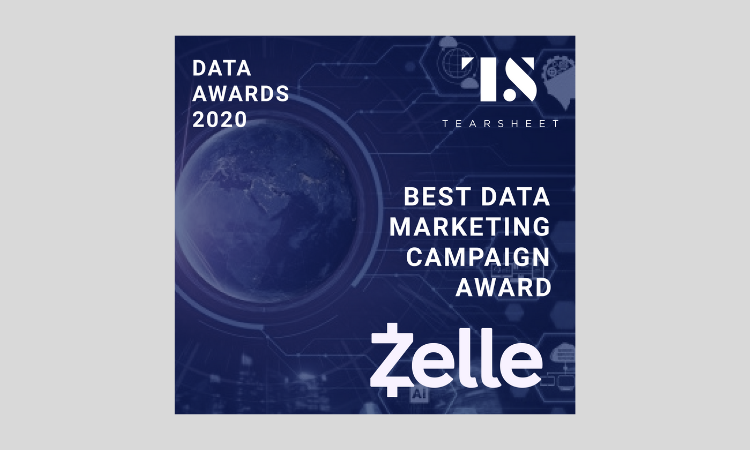Announcement, Awards
Introducing Tearsheet’s Acquire Awards 2023
- Tearsheet has launched the 2023 Acquire Awards.
- We're recognizing the best customer-facing work in financial services, including marketing, branding, and content.
Tearsheet Editors | January 19, 2023
Announcement, Awards
Introducing the 2022 winners of Tearsheet’s Embedded Banking Awards
- Tearsheet's Embedded Awards celebrate the top companies and products in embedded finance and banking as a service.
- The winners of the 2022 awards were named last week at Tearsheet's The Big Bank Theory Conference.
Tearsheet Editors | December 14, 2022
Announcement, Awards
Introducing the 2022 winners of Tearsheet’s Challenger Banking Awards
- Tearsheet's Challenger Awards recognize the best work in digital banking.
- This year's winners include Marqeta, Bank of America, Greenlight, and many more.
Tearsheet Editors | December 12, 2022
Announcement, Awards
Introducing the 2022 winners of Tearsheet’s Power of Payments Awards
- In our inaugural Power of Payments Awards, Tearsheet identified and acknowledged the top firms and products in the payments space.
- This year's winners include Intuit QuickBooks, Zelle, Flywire, Deserve, and more.
Tearsheet Editors | October 13, 2022
Announcement, Awards
The 2022 DataDay Awards winners
- Financial data is a major underpinning to the modern financial ecosystem.
- Tearsheet's DataDay Awards recognize the leaders, companies and professionals, driving the growth of this exciting industry.
Tearsheet Editors | July 19, 2022








